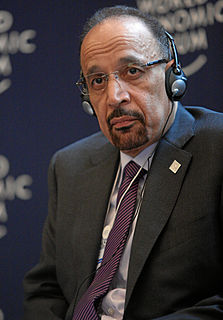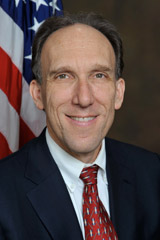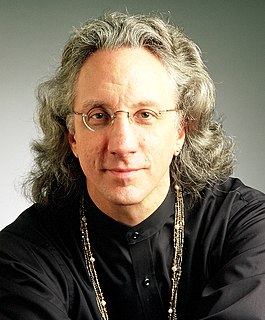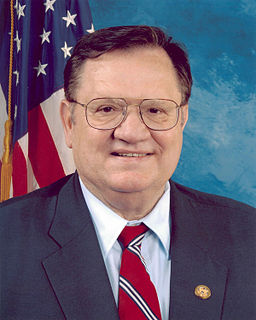A Quote by Thomas H. Davenport
In a knowledge-driven economy, talk is real work.
Related Quotes
Today it's fashionable to talk about the New Economy, or the Information Economy, or the Knowledge Economy. But when I think about the imperatives of this market, I view today's economy as the Value Economy. Adding value has become more than just a sound business principle; it is both the common denominator and the competitive edge.
The fact that cultures are failing all over the world means that they don't know how to operate a society to make it work. Politicians have no real knowledge of technology; therefore, they are not capable of increasing food production, designing transportations systems that are safe… They have no knowledge in that area. Therefore it's senseless to talk to them about anything of significance.
Real confidence has no bluster or bombast. It's not rooted in a desire to seem better than everyone else and it's not driven by a fear of appearing weak. Real confidence settles in when you have a clear vision of exactly what you need to do. Real confidence blooms as you wield the skills and power you have built through your hard work and discipline.
This society in which knowledge workers dominate is in danger of a new "class conflict" between the large minority of knowledge workers and the majority of workers who will make their livings through traditional ways, either by manual work... or by service work. The productivity of knowledge work - still abysmally low - will predictably become the economic challenge of the knowledge society. On it will depend the ability of the knowledge society to give decent incomes, and with them dignity and status, to non knowledge people.




































